

Charitable Travel promotes sustainable tourism through its support of Reef-World’s Green Fins initiative
Tropical marine ecosystems (coral reefs, seagrass & mangroves) are vital carbon sinks and provide critical ecosystem services to humanity. They’re under severe threat from growing global stressors such as those associated with climate change (e.g. coral bleaching) and local stressors such as preventable irresponsible tourism practices (expected to grow over time in line with projected increases in reef tourism).
Degradation of these ecosystems and their ecological services to local communities leads to erosion of food stability and coastal protection, job losses and diminished returns from tourism due to reduced aesthetic appeal. Without corals and related ecosystems, the ocean would lose a huge diversity of life.
Currently an estimated one million new scuba divers are certified each year with millions more snorkelling worldwide on coral reefs. The survival of the marine tourism industry depends on healthy coral reefs with lots of marine life and we all have a part to play. While irresponsible tourism can pose a threat to corals, well-managed tourism can provide many benefits, including economic opportunities for local communities that rely on coral reefs. By acting as responsible travellers or operators, each of us can help reduce the pressures tourism puts on corals and other sensitive marine ecosystems; thus making reefs healthier and more resilient to other global stressors. That’s why Charitable Travel is supporting Reef-World’s Green Fins: an initiative that works with governments and operators to drive sustainable tourism.
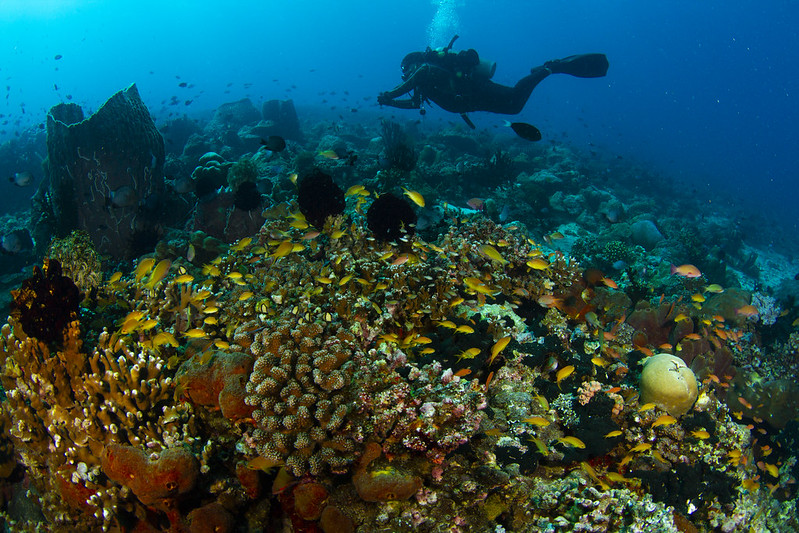
Travellers who visit the ocean can reduce their negative impact on coral reefs and other sensitive marine ecosystems by following a few simple guidelines, as outlined by the Green Fins Code of Conduct:
Reef-World is working to make sustainable diving the social norm through Green Fins; an initiative it runs in partnership with UN Environment Programme (UNEP). This proven and established conservation approach helps dive and snorkel operators become more sustainable as well as educating travellers about best environmental practice. It also provides the only internationally recognised environmental standards for snorkelling and scuba diving and enables policy makers to identify areas of high environmental risk within the industry. This means they can work with business owners to find a suitable solution to local threats.
Gabriel Grimsditch, UNEP’s marine ecosystems expert, said: “Coral reefs are hugely valuable in terms of marine biodiversity, harbouring at least a quarter of all marine species and providing support to the livelihoods of hundreds of millions of people around the world. So, protecting them from the impacts of a burgeoning tourism industry is vital to the health of our oceans. Tourists can also have a tangible impact on the marine biodiversity hotspots they visit by always following the Green Fins guidelines for best practice. Together, we can all take positive actions that will protect our coral reefs, keeping them healthy and thriving for years to come.”
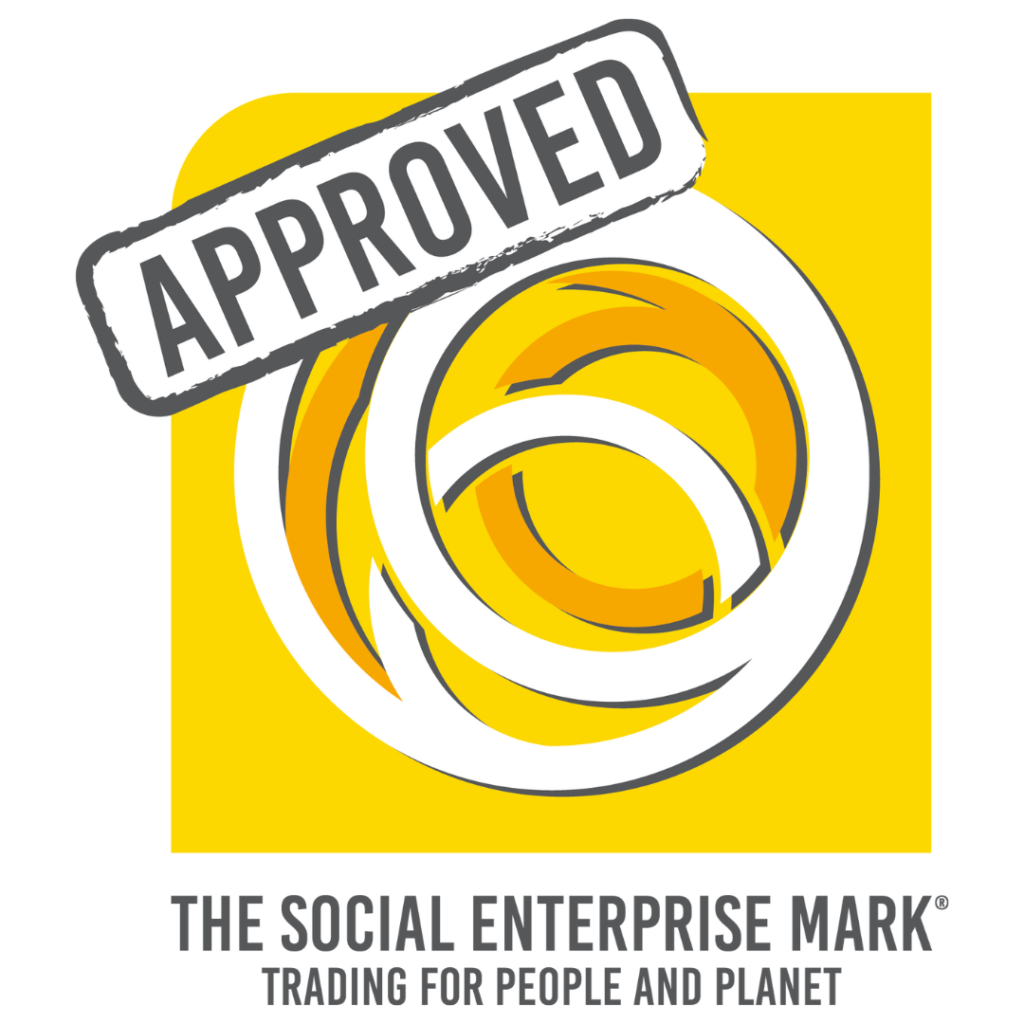


Fundraising Futures Community Interest Company, Contingent Works, Broadway Buildings,
Elmfield Road, Bromley, Kent,
BR1 1LW. England
Putting our profit to work supporting the work of charitable causes



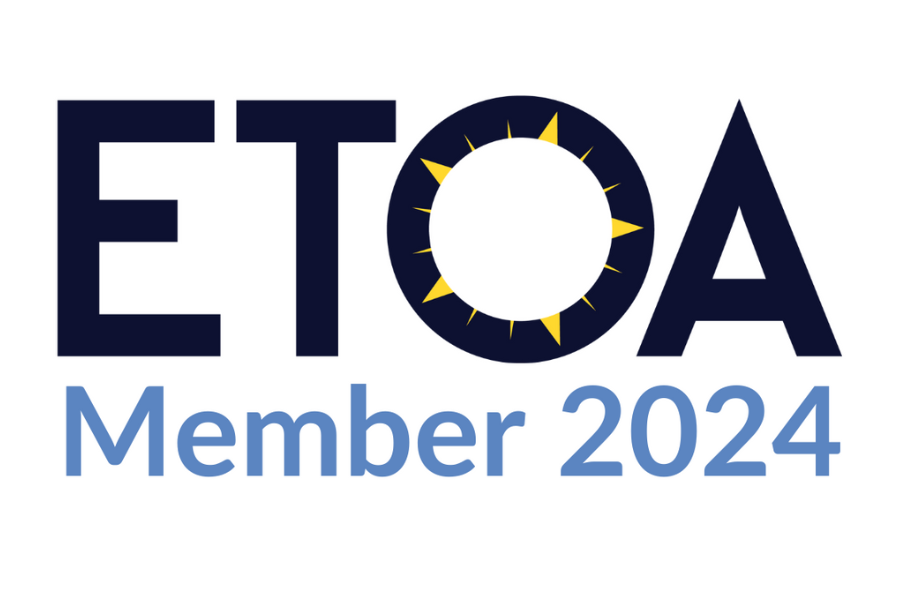
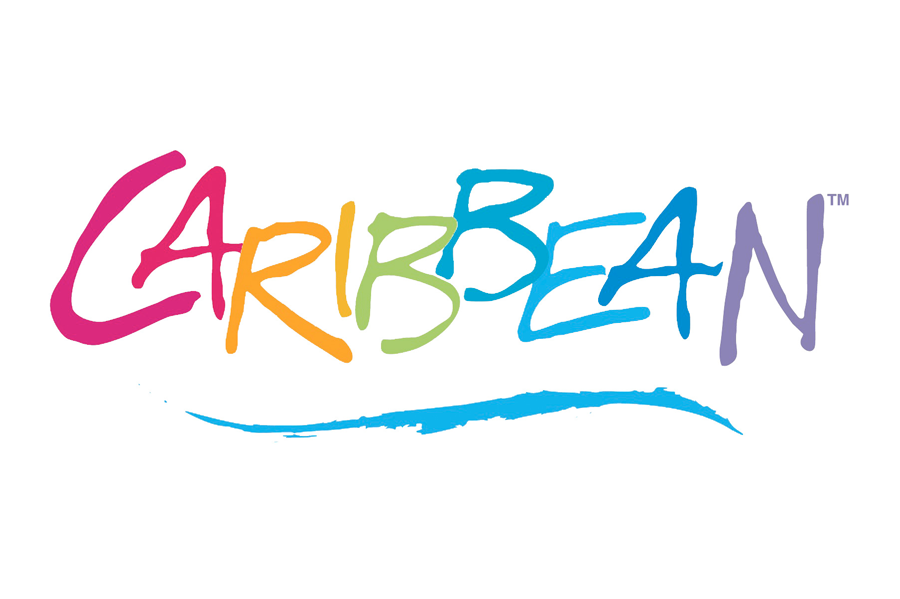
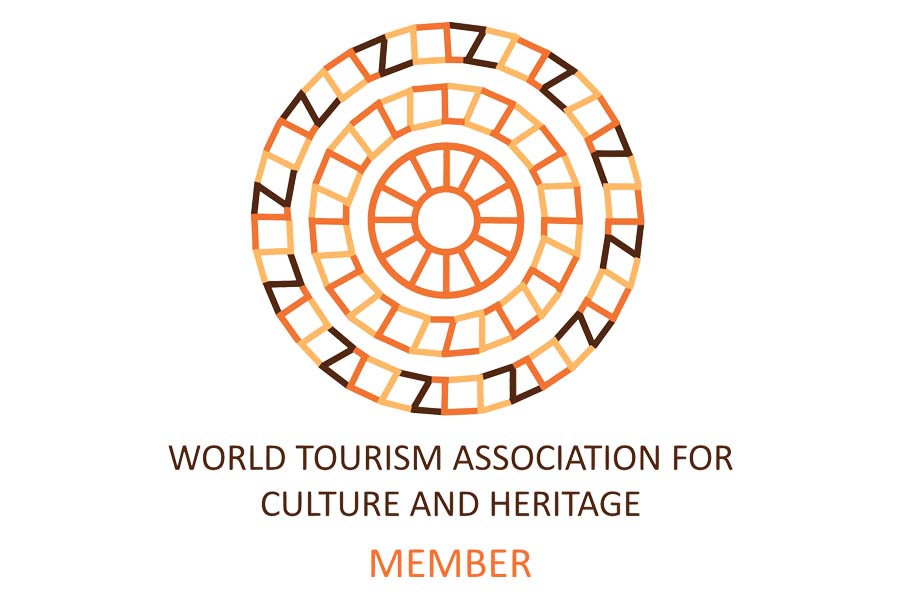





For the latest travel advice, including security, local laws and passports, visit the Foreign & Commonwealth Office website.
© 2024 All rights reserved
Made with 
| Cookie | Duration | Description |
|---|---|---|
| AWSELB | session | Associated with Amazon Web Services and created by Elastic Load Balancing, AWSELB cookie is used to manage sticky sessions across production servers. |
| cookielawinfo-checkbox-advertisement | 1 year | Set by the GDPR Cookie Consent plugin, this cookie is used to record the user consent for the cookies in the "Advertisement" category . |
| cookielawinfo-checkbox-analytics | 11 months | This cookie is set by GDPR Cookie Consent plugin. The cookie is used to store the user consent for the cookies in the category "Analytics". |
| cookielawinfo-checkbox-functional | 11 months | The cookie is set by GDPR cookie consent to record the user consent for the cookies in the category "Functional". |
| cookielawinfo-checkbox-necessary | 11 months | This cookie is set by GDPR Cookie Consent plugin. The cookies is used to store the user consent for the cookies in the category "Necessary". |
| cookielawinfo-checkbox-others | 11 months | This cookie is set by GDPR Cookie Consent plugin. The cookie is used to store the user consent for the cookies in the category "Other. |
| cookielawinfo-checkbox-performance | 11 months | This cookie is set by GDPR Cookie Consent plugin. The cookie is used to store the user consent for the cookies in the category "Performance". |
| elementor | never | This cookie is used by the website's WordPress theme. It allows the website owner to implement or change the website's content in real-time. |
| JSESSIONID | session | Used by sites written in JSP. General purpose platform session cookies that are used to maintain users' state across page requests. |
| viewed_cookie_policy | 11 months | The cookie is set by the GDPR Cookie Consent plugin and is used to store whether or not user has consented to the use of cookies. It does not store any personal data. |
| Cookie | Duration | Description |
|---|---|---|
| __lc_cid | 2 years | This is an essential cookie for the website live chat box to function properly. |
| __lc_cst | 2 years | This cookie is used for the website live chat box to function properly. |
| __oauth_redirect_detector | past | This cookie is used to recognize the visitors using live chat at different times inorder to optimize the chat-box functionality. |
| aka_debug | session | Vimeo sets this cookie which is essential for the website to play video functionality. |
| player | 1 year | Vimeo uses this cookie to save the user's preferences when playing embedded videos from Vimeo. |
| Cookie | Duration | Description |
|---|---|---|
| AWSELBCORS | 6 minutes | This cookie is used by Elastic Load Balancing from Amazon Web Services to effectively balance load on the servers. |
| Cookie | Duration | Description |
|---|---|---|
| _ga | 2 years | The _ga cookie, installed by Google Analytics, calculates visitor, session and campaign data and also keeps track of site usage for the site's analytics report. The cookie stores information anonymously and assigns a randomly generated number to recognize unique visitors. |
| _gat_gtag_UA_164521185_1 | 1 minute | This cookie is set by Google and is used to distinguish users. |
| _gid | 1 day | Installed by Google Analytics, _gid cookie stores information on how visitors use a website, while also creating an analytics report of the website's performance. Some of the data that are collected include the number of visitors, their source, and the pages they visit anonymously. |
| _hjAbsoluteSessionInProgress | 30 minutes | No description available. |
| _hjFirstSeen | 30 minutes | This is set by Hotjar to identify a new user’s first session. It stores a true/false value, indicating whether this was the first time Hotjar saw this user. It is used by Recording filters to identify new user sessions. |
| _hjid | 1 year | This is a Hotjar cookie that is set when the customer first lands on a page using the Hotjar script. |
| _hjIncludedInPageviewSample | 2 minutes | No description available. |
| CONSENT | 16 years 3 months 16 days 17 hours 23 minutes | These cookies are set via embedded youtube-videos. They register anonymous statistical data on for example how many times the video is displayed and what settings are used for playback.No sensitive data is collected unless you log in to your google account, in that case your choices are linked with your account, for example if you click “like” on a video. |
| iutk | 5 months 27 days | This cookie is used by Issuu analytic system. The cookies is used to gather information regarding visitor activity on Issuu products. |
| vuid | 2 years | Vimeo installs this cookie to collect tracking information by setting a unique ID to embed videos to the website. |
| Cookie | Duration | Description |
|---|---|---|
| IDE | 1 year 24 days | Google DoubleClick IDE cookies are used to store information about how the user uses the website to present them with relevant ads and according to the user profile. |
| mc | 1 year 1 month | Quantserve sets the mc cookie to anonymously track user behaviour on the website. |
| NID | 6 months | NID cookie, set by Google, is used for advertising purposes; to limit the number of times the user sees an ad, to mute unwanted ads, and to measure the effectiveness of ads. |
| test_cookie | 15 minutes | The test_cookie is set by doubleclick.net and is used to determine if the user's browser supports cookies. |
| VISITOR_INFO1_LIVE | 5 months 27 days | A cookie set by YouTube to measure bandwidth that determines whether the user gets the new or old player interface. |
| YSC | session | YSC cookie is set by Youtube and is used to track the views of embedded videos on Youtube pages. |